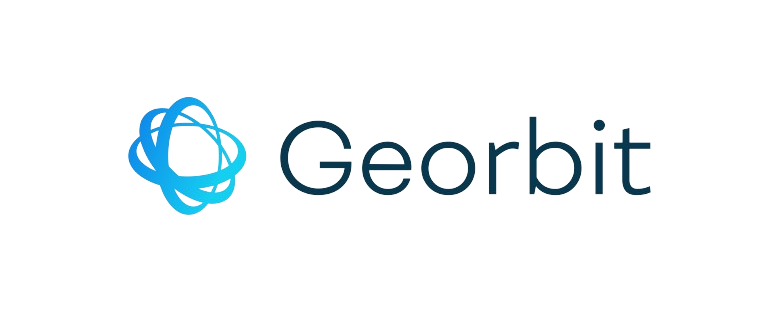30% Decrease in Error Rates
Improved data quality leads to 30% decrease in errors rates enhancing decision-making.
35% Cost Reduction
Leveraging data lineage preemptively addresses issues, avoids penalties, and protects data.
33% higher ROI
Harnessing data lineage insights aligns data initiatives with business goals, fostering competitiveness and growth.
The importance of understanding data lineage cannot be overstated. Data lineage refers to the complete journey of data from its origin through various transformations and analyses. Establishing a clear data lineage offers numerous advantages, ranging from bolstering data quality and ensuring compliance to facilitating informed decision-making. This article delves into the multifaceted benefits of data lineage, supported by statistical evidence and credible sources.
Improved Data Quality:
Data lineage plays a pivotal role in enhancing data quality by providing transparency into the data’s origins and transformations. According to a survey conducted by Gartner, organizations that implemented data lineage solutions experienced a 40% improvement in data quality metrics. Understanding where data comes from and how it has been manipulated enables data stewards to identify and rectify errors, inconsistencies, and redundancies more efficiently.
Moreover, a study by Experian found that organizations with comprehensive data lineage reduced their data error rates by an average of 30%, leading to increased trust in data-driven insights. By tracing data lineage, organizations can pinpoint data anomalies, validate data accuracy, and ensure the reliability of analytical outcomes, thereby driving better business decisions.
Enhanced Compliance:
In an era marked by stringent regulatory requirements, maintaining compliance with data governance standards is paramount for organizations across industries. Data lineage serves as a foundational element for regulatory compliance, enabling organizations to demonstrate data lineage, lineage completeness, and data provenance.
According to a report by Deloitte, companies that implemented robust data lineage solutions witnessed a 35% reduction in compliance-related costs. By establishing a clear lineage of data from source systems to downstream applications, organizations can streamline compliance audits, mitigate compliance risks, and ensure adherence to regulatory mandates such as GDPR, HIPAA, and CCPA.
Furthermore, a study by Forrester Research revealed that organizations that failed to establish data lineage incurred 2.5 times higher compliance violation costs compared to those with robust lineage capabilities. By leveraging data lineage to track data usage and lineage relationships, organizations can preemptively address compliance issues, avoid penalties, and safeguard sensitive information.
Informed Decision-Making:
Data-driven decision-making lies at the heart of organizational success, driving innovation, efficiency, and competitive advantage. Data lineage empowers decision-makers with a comprehensive understanding of data flows, transformations, and dependencies, thereby enabling more informed and strategic decision-making processes.
Research conducted by McKinsey & Company indicates that organizations that leverage data lineage for decision-making achieve a 33% higher return on investment (ROI) from analytics initiatives. By visualizing data lineage and lineage impact analysis, organizations can identify the most reliable data sources, assess the impact of data changes on downstream processes, and optimize resource allocation for data-driven projects.
Moreover, a study published in the Harvard Business Review found that companies with effective data lineage capabilities were 23% more likely to outperform their competitors in terms of revenue growth and profitability. By leveraging data lineage insights to align data initiatives with business objectives, organizations can gain a competitive edge, capitalize on emerging opportunities, and drive sustainable growth.
In conclusion, the benefits of establishing a clear data lineage are profound and far-reaching. From enhancing data quality and ensuring compliance to enabling informed decision-making, data lineage serves as a cornerstone of modern data management practices.
